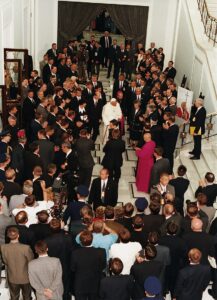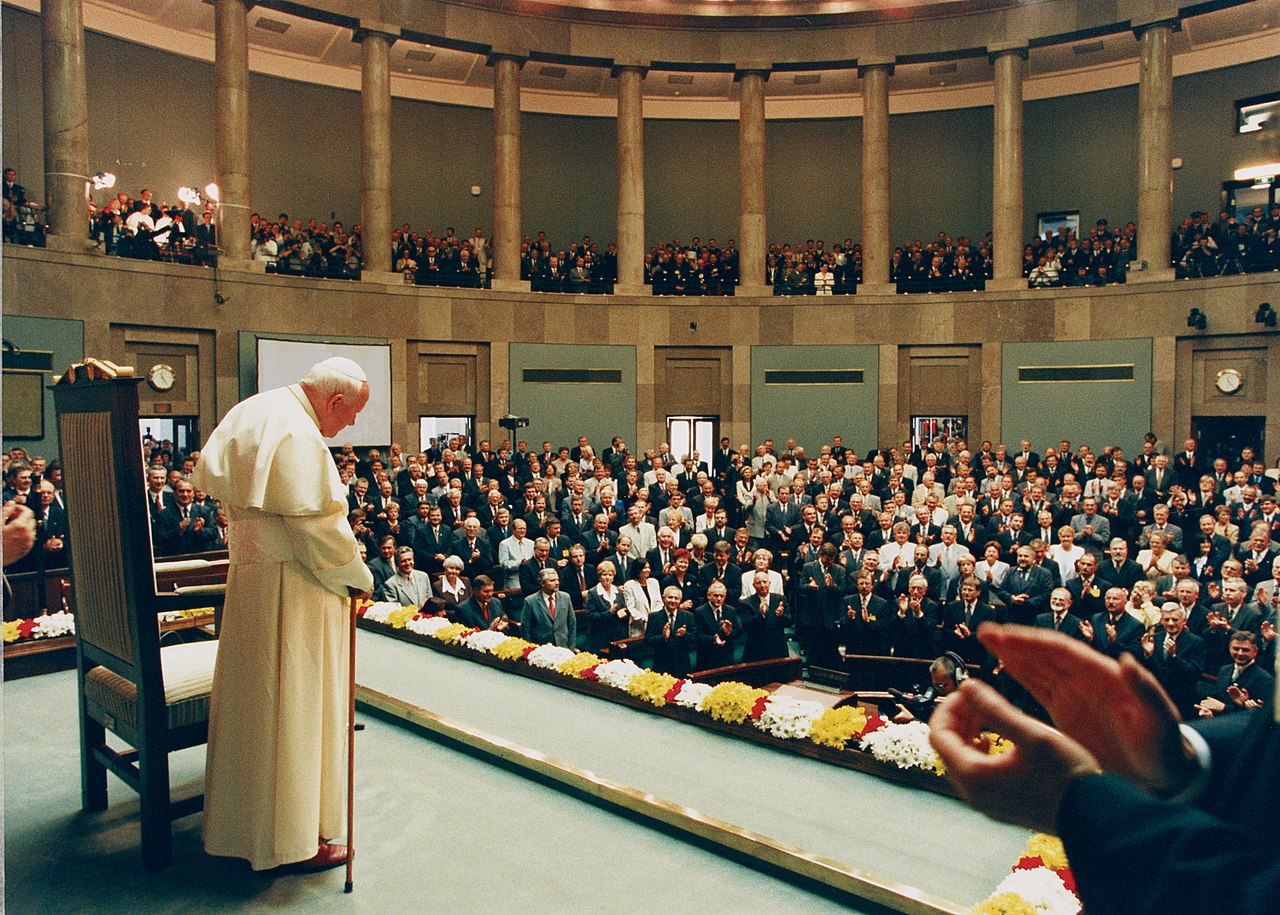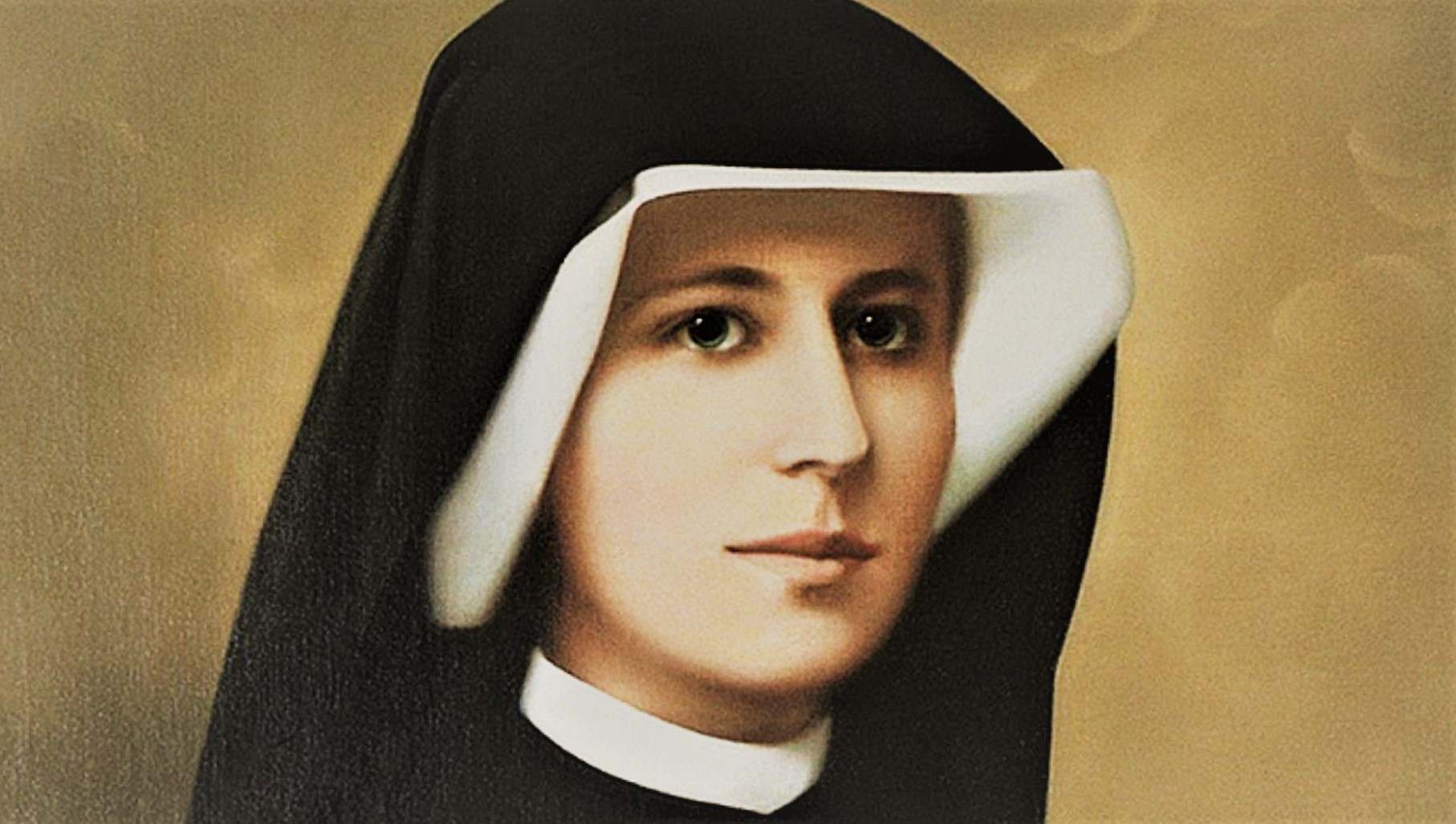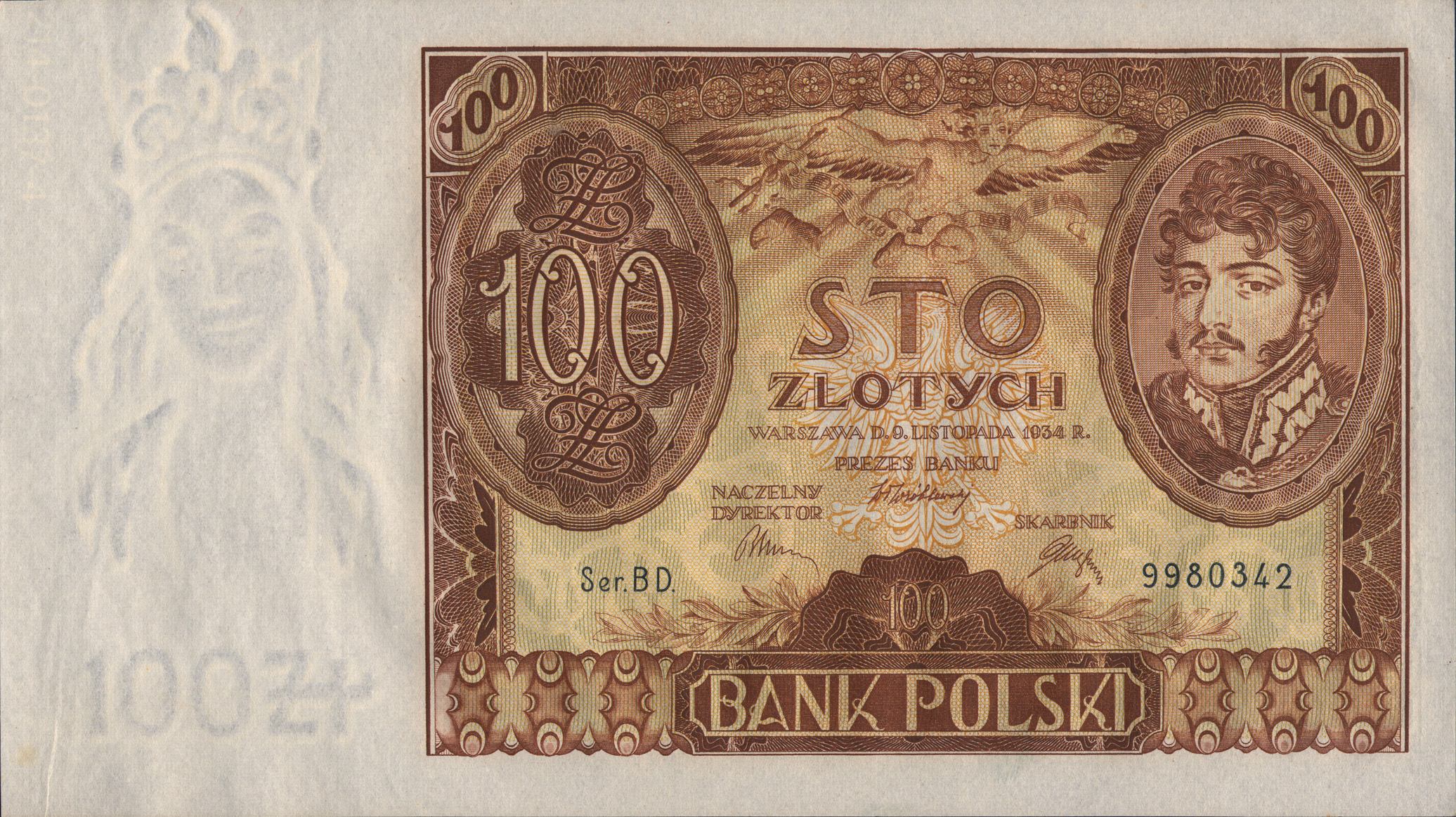In 1999, during his second to last pastoral trip to Poland John Paul II visited 21 localities. The Holy Father came to Poland, which after the difficult transformation period in the early 1990s was begining to feel an economic upturn and had a relatively stable democracy. A year before the Pope’s visit Poland joined NATO and it had been negotiating its EU membership for two years. The ruling post-Solidarity coalition of the Solidarity Electoral Action (Akcja Wyborcza Solidarność) and Freedom Union (Unia Wolności) was close to the Head of the Church. Commentators felt that John Paul II, who was struggling with his illness, was closing and summing up his engagement both in the evangelizing and the political activity with regard to Poland. He also seemed to bid farewell to Poles, giving them a sense of closure of that difficult stage in history and fulfilment of dreams which had guided the Polish struggle for independence and freedom.
His address in the Sejm had a lofty, almost triumphant character. John Paul II summed up the difficult Polish path from the fall of the Commonwealth of Poland in the 18th century to the Third Republic of Poland, emphasizing the great role Solidarity had played in Poland’s liberation. “We are all aware that this meeting in the Parliament would be impossible without the determined resistance offered by Polish workers in Pomerania in memorable August 1980. It would be impossible without Solidarity, which chose a path of a peaceful struggle to defend human rights and rights of the entire nation.”

The Pope also gave advice and warnings for the future: “Jointly rejoicing at the positive transformations taking place in Poland before our eyes, we should also realize that in a free society there must be values ensuring the highest good of man as a whole. The objective of any economic changes should be to shape a more humane and just world. I would like to wish Polish politicians and all people engaged in the public life to not spare efforts to build a state which takes special care of the family, human life, and education of the young generation, one that respects man’s right to work, sees issues important for the entire nation, and is sensitive to the needs of the individual, particularly of the poor and weak one.”
John Paul II’s address was strongly applauded by almost all of the assembled, from the right-wing politicians to representatives of the post-communist left. The Pope’s visit to the Parliament was the largest manifestation of joy at regained freedom after 1989 and a moment of the Holy Father’s triumph as a spiritual and political leader of the nation. The exclamation “Long live the king, the nation, and all the states” with which he finished his address and which dates back to the adoption of the Third May Constitution was a humorous verbalization of the leadership role which Karol Wojtyła had played in the life of the Polish nation since the 1978 conclave, when he was elected the head of the Catholic Church.





